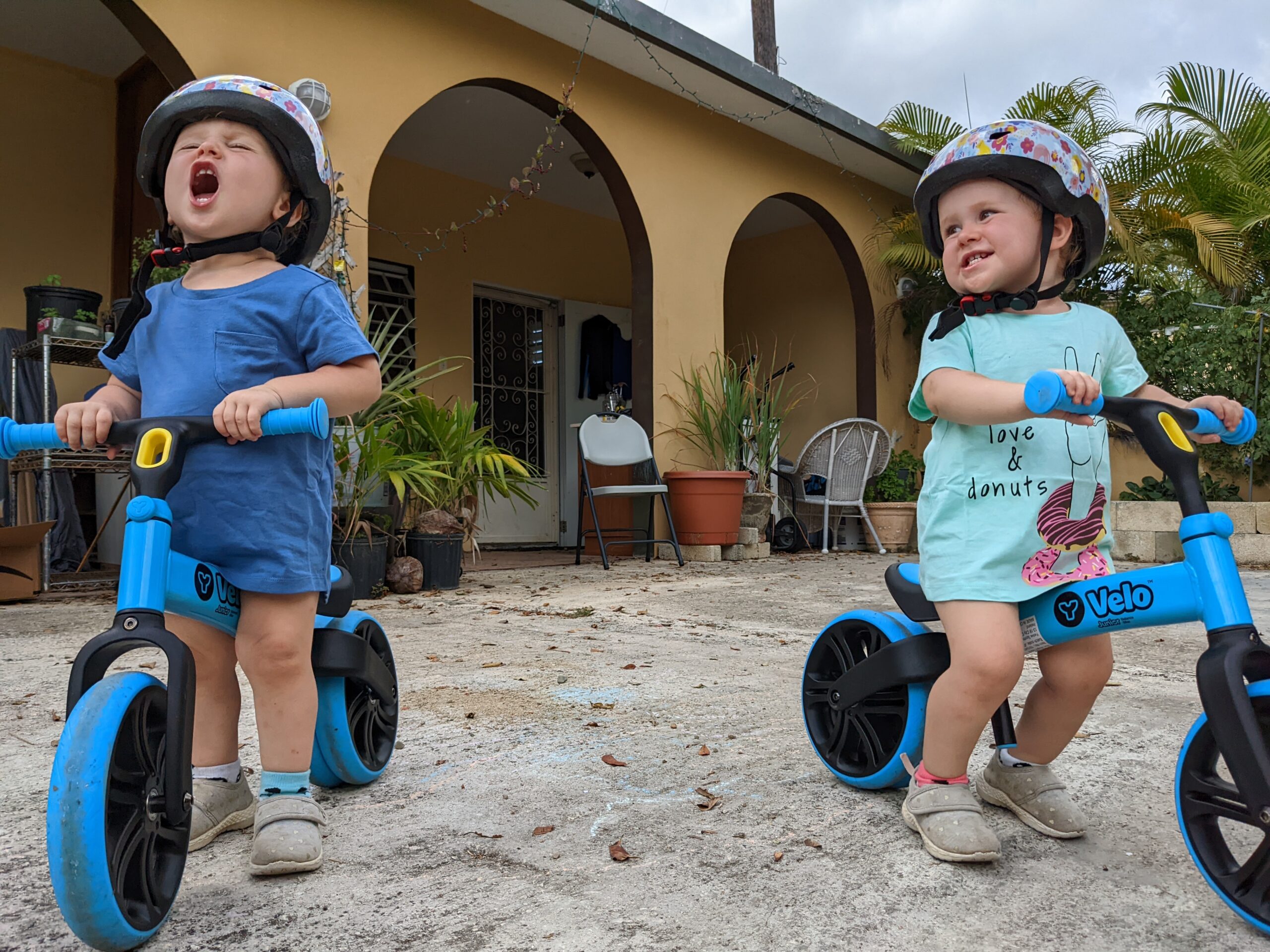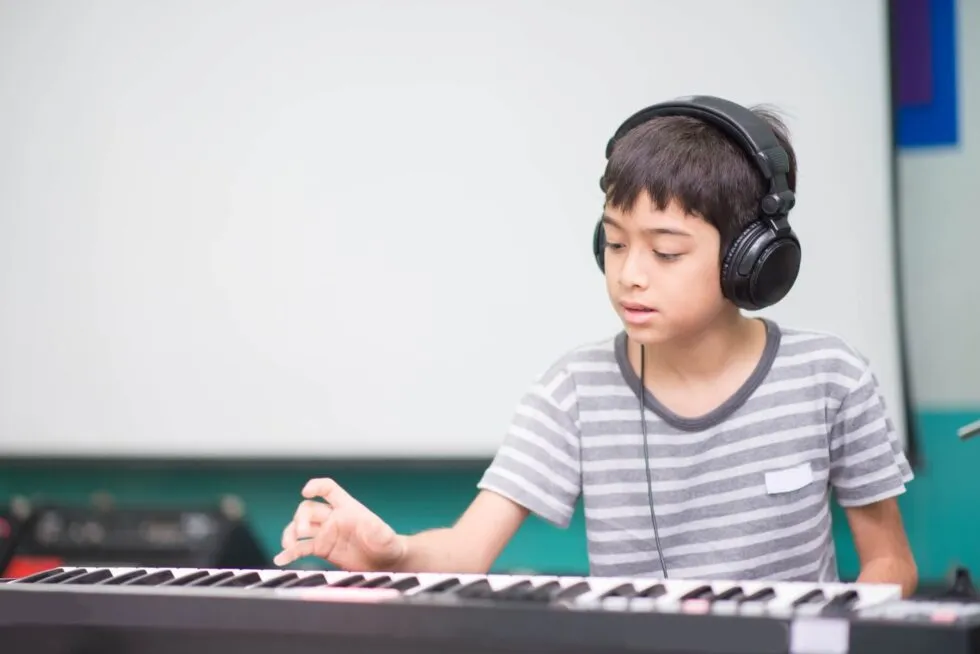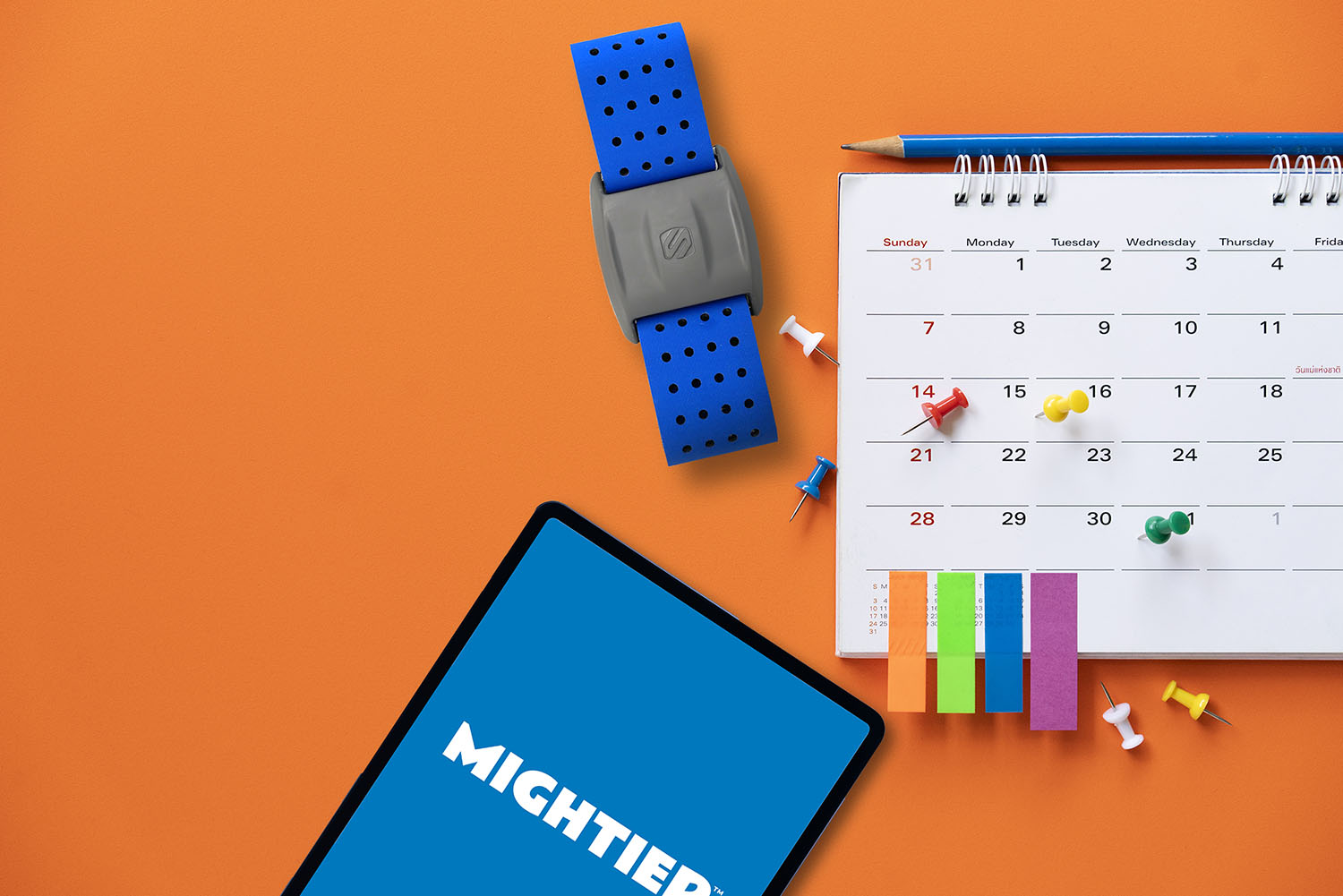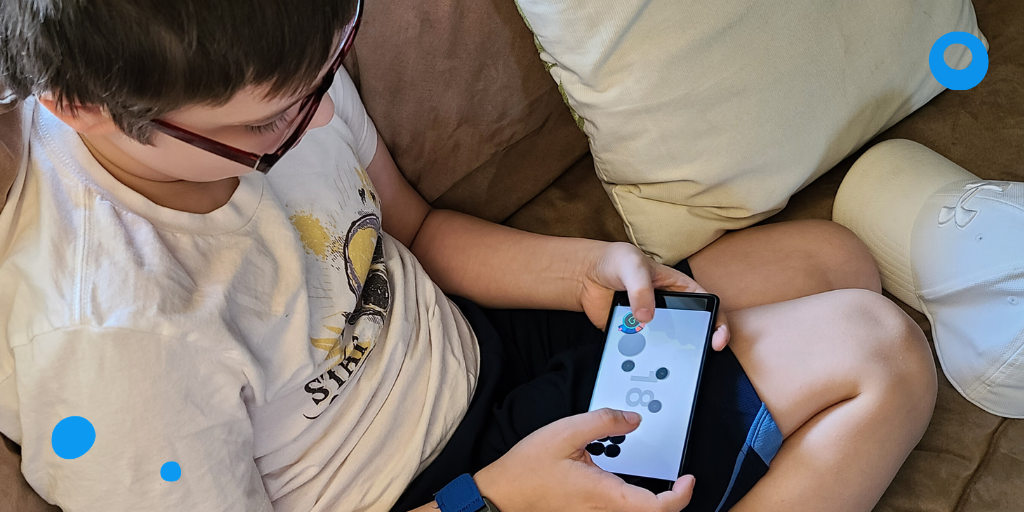
When families sign up for Mightier, they have the option to tell us why they are here. Caregivers tell us that their children struggle with intense feelings of frustration, anger, anxiety, feeling overwhelmed, or even feeling overly excited. About 60% of these children struggle with outbursts and meltdowns. 25% are reported to completely shut down or withdraw when upset. About 10% of these children have also been diagnosed with Autism.
Playing Mightier helps children develop better emotion regulation abilities through a model of awareness building, kid-led learning, and practice. It allows children to see their emotions in real time, discover calming strategies that feel right for their body, and build an automatic sense of calm that translates to the real world naturally and effectively.
Autism, emotion regulation, and self-esteem
There are a few important factors to consider for why emotion regulation can be difficult for children with Autism. The first, actually, has very little to do with Autism specifically, and everything to do with our physiological response to stress and perceived threat. Humans are designed to react under pressure – run when we feel scared, fight when we feel endangered, freeze when we are overwhelmed. Reactions like this require quick movement and allow little time for rational thought and processing. Heightened emotional states, therefore, make it incredibly difficult to think clearly, communicate effectively, and remember calming strategies in the moments they are most needed.
Emotion regulation is both the physiological reaction to emotions, as well as the cognitive processing and problem-solving required to intentionally manage difficult emotions. It’s important, therefore, to think about how children with Autism construct meaning for themselves. Processing social cues and situations, interpreting the physiological sensations in one’s own body, and cognitive flexibility and adaptability are all important factors in deciding how to manage emotions. They also tend to areas in which children with Autism have more difficulty (Mazesky, 2013).
For children with Autism, typical therapeutic approaches of talking about emotions, thinking through possible reactions, and identifying coping skills can be frustrating, challenging, and oftentimes defeating. Children are taught how to interpret situations, shown how to react, and asked to present themselves in a certain way. None of that means, however, that it feels right for their body or sits right for their self-esteem. Additionally, because of how we all can react under stress, children might still find themselves unable to remember, access, and apply any of those learnings in the moments they actually need them.
Playing Mightier builds emotional strength that sticks
Playing Mightier allows children to construct meaning for themselves, and helps kids develop stronger and more automatic emotion regulation abilities through practice. As kids play Mightier, they see their emotions in real time. They see how their frustration, anxiety or excitement directly influences their heart rate, which directly influences their gameplay. They learn that things become more challenging when their heart rate is up, and they are empowered to explore various calming strategies to get back to blue and keep playing. They practice all this quickly, in the moment, while having fun. Best of all, they practice all this in a way that strengthens their natural and automatic ability to regulate their emotions in real life. That means improved frustration tolerance, thinking more clearly in the moment, and choosing how to respond to real-life stressors. It means staying calmer under pressure without even trying.
The Mightier program at home
Success with Mightier hinges on two things – practice and empowerment. Kid-led learning is a key part of the process, so the main and most important thing caregivers can do is to support their child’s play routine. Similar to building muscle memory for any skill (shooting a basketball under pressure, playing the piano without thinking about the keys, tying a shoe without thinking about your fingers) emotional muscle memory takes practice. We recommend that children play Mightier 3 times a week (or for about 45 minutes a week) for at least 90 days.
Since children with Autism can benefit from additional types of social and emotional skill building, the Mightier Parent curriculum offers information and activities that caregivers can use alongside their child’s gameplay journey. This model keeps child play and learning front and center, while providing the whole family with creative games, strategies, and a shared language to continue building emotional strength right at home.
—
References:
Mazefsky, C. A., Herrington, J., Siegel, M., Scarpa, A., Maddox, B. B., Scahill, L., & White, S. W. (2013). The role of emotion regulation in autism spectrum disorder. Journal of the American Academy of Child and Adolescent Psychiatry, 52(7), 679–688. https://doi.org/10.1016/j.jaac.2013.05.006


















